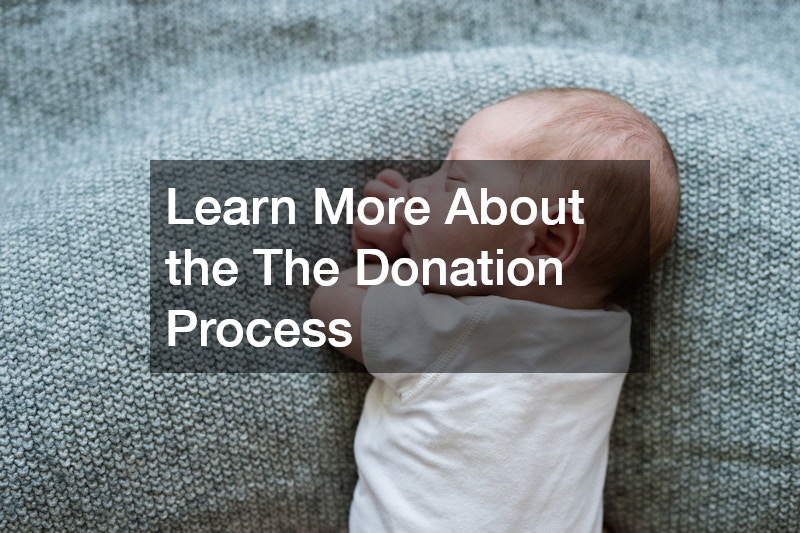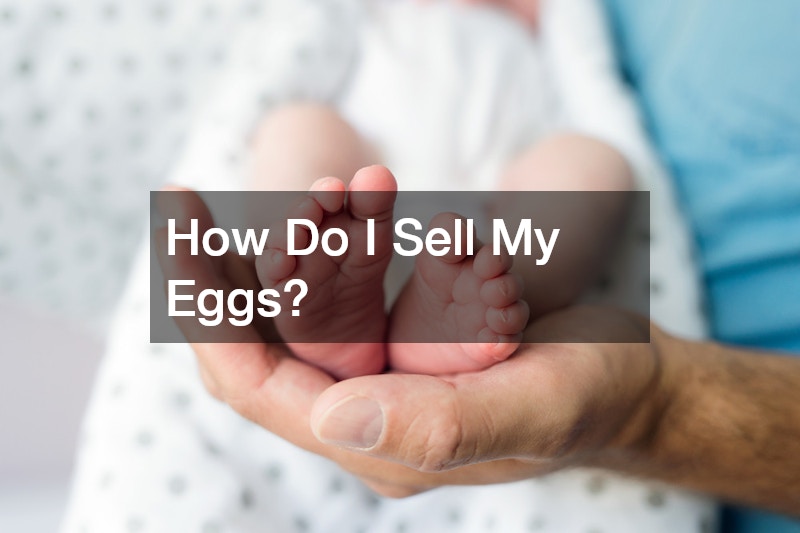If you’re wondering, “How do I sell my eggs?”, you might have a myriad of questions about how the process works, what the requirements are, and which steps you need to take. Egg donation can be a generous contribution to those struggling with fertility issues, and it can also offer financial compensation for your effort and time. In this blog post, we will explore how to effectively navigate the journey of selling your eggs, ensuring you understand the essentials from eligibility to compensation.
Understanding Eligibility for Egg Donation
The first step in the process of selling your eggs involves determining whether you are eligible to become an egg donor. Generally, egg donation agencies and fertility clinics have specific requirements that candidates must meet.
These criteria often include age (typically between 21 and 29 years), physical health, and genetic history, among others. Potential donors undergo rigorous health and psychological screenings to ensure that they are fit for the process and that their eggs will provide the best chance of success for fertility treatments.
Choosing the Right Clinic or Agency
Selecting the right fertility clinic or egg donation agency is crucial. Look for reputable organizations that uphold high standards for health, safety, and ethics. Research their history, read reviews, and consider how transparent they are regarding the egg donation process and compensation. It is important to feel comfortable and secure with the agency or clinic, as you will be working closely with them throughout your donation cycle.
The Donation Process
Once you have been accepted into a program, you will begin a series of medical and psychological evaluations followed by the actual egg retrieval process. This involves several weeks of hormone treatments to stimulate your ovaries to produce multiple eggs. The retrieval itself is a medical procedure performed under sedation, requiring a short recovery period. While the process can sound daunting, clinics provide thorough guidance and support each step of the way.
Legal and Ethical Considerations
It’s essential to consider the legal and ethical aspects of egg donation. Typically, you will sign a contract outlining the terms of the donation, the rights of all parties involved, and the compensation you will receive. It is advisable to review this contract with an independent lawyer who specializes in reproductive law. Understand your rights, the potential risks, and the privacy measures ensured by the agency or clinic.
Compensation and Benefits
Egg donors are usually compensated for their time, commitment, and the physical and emotional involvement the process entails. Compensation varies widely depending on the location, agency, and the donor’s qualities, like ethnicity and physical attributes. Aside from financial compensation, many feel a profound sense of fulfillment in helping someone else achieve their dream of parenthood.
Selling your eggs can be an emotionally rewarding experience that also offers significant financial benefits. However, it is vital to approach this decision with thorough research and preparation. Ensure you are aware of the medical, legal, and ethical considerations. Choose a reputable and supportive clinic or agency that aligns with your comfort levels and values. If you do decide to pursue egg donation, you are not only contributing to someone else’s life but also embarking on a meaningful personal journey.


